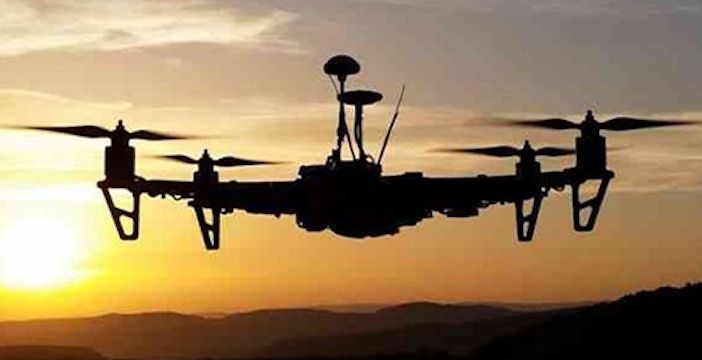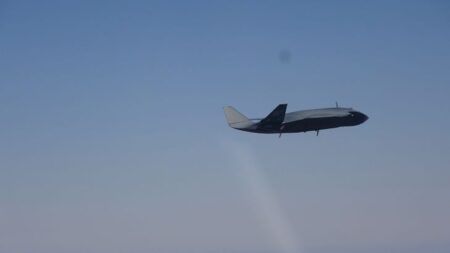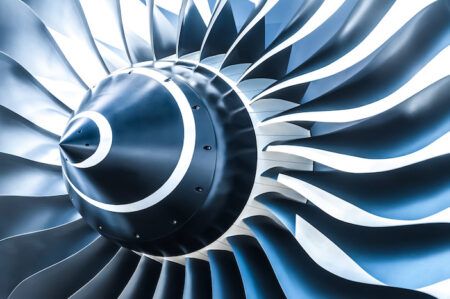Honeywell has bought Ballard Unmanned Systems a company which develop and supplies hydrogen fuel cell power systems to drone developers.
Honeywell has purchased the Southborough, Massachusetts-based company for an undisclosed amount from parent company Ballard Power Systems, which develops and supplies to fuel cell systems to various industries.
Ballard Unmanned Systems develops stored-hydrogen proton exchange membrane fuel cell systems specifically for unmanned drones for applications such as energy infrastructure inspection, cargo delivery.
Honeywell is acquiring the key intellectual property, inventory and equipment of Ballard Unmanned Systems. All employees of the UAV subsidiary will transition to Honeywell Aerospace.
The acquisition enters Honeywell into the hydrogen fuel cells market for unmanned aerial systems (UAS), as well as broader aviation applications.
Mike Madsen, president and CEO of Honeywell Aerospace said, “Adding Ballard Unmanned Systems to the Honeywell family is another example of our commitment to invest in the growing UAS segment. We can now begin producing top-quality, scalable power systems for our UAS customers and eventually adapt these systems for other future aerospace, defense and adjacent segment applications.”
Randy MacEwen, Ballard’s president and CEO said, “We remain positive on the long-term outlook for fuel cell propulsion systems in the UAV market. However, we determined to divest this non-core systems business given our strategic focus on the Heavy- and Medium-Duty Motive markets of bus, truck, train and marine, where we expect scaled commercialization and growth through 2030 and beyond.
“We believe the UAV business will be best positioned within the Honeywell enterprise and look forward to our ongoing collaboration with Honeywell and growing the exciting business opportunities for a range of urban air mobility and broader aerospace applications.”
According to Ballard Unmanned Systems its liquid-cooled hydrogen fuel cell power systems can run up to three times longer than batteries and are five times more reliable than small engines. Furthermore, unlike traditional gas engines that have carbon emissions.
Honeywell intends to introduce a family of fuel cell power systems for a variety of UAS and work towards developing fuel cell systems for “broader aviation applications”.





